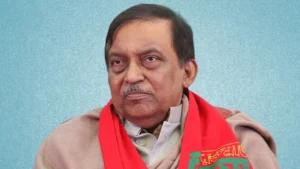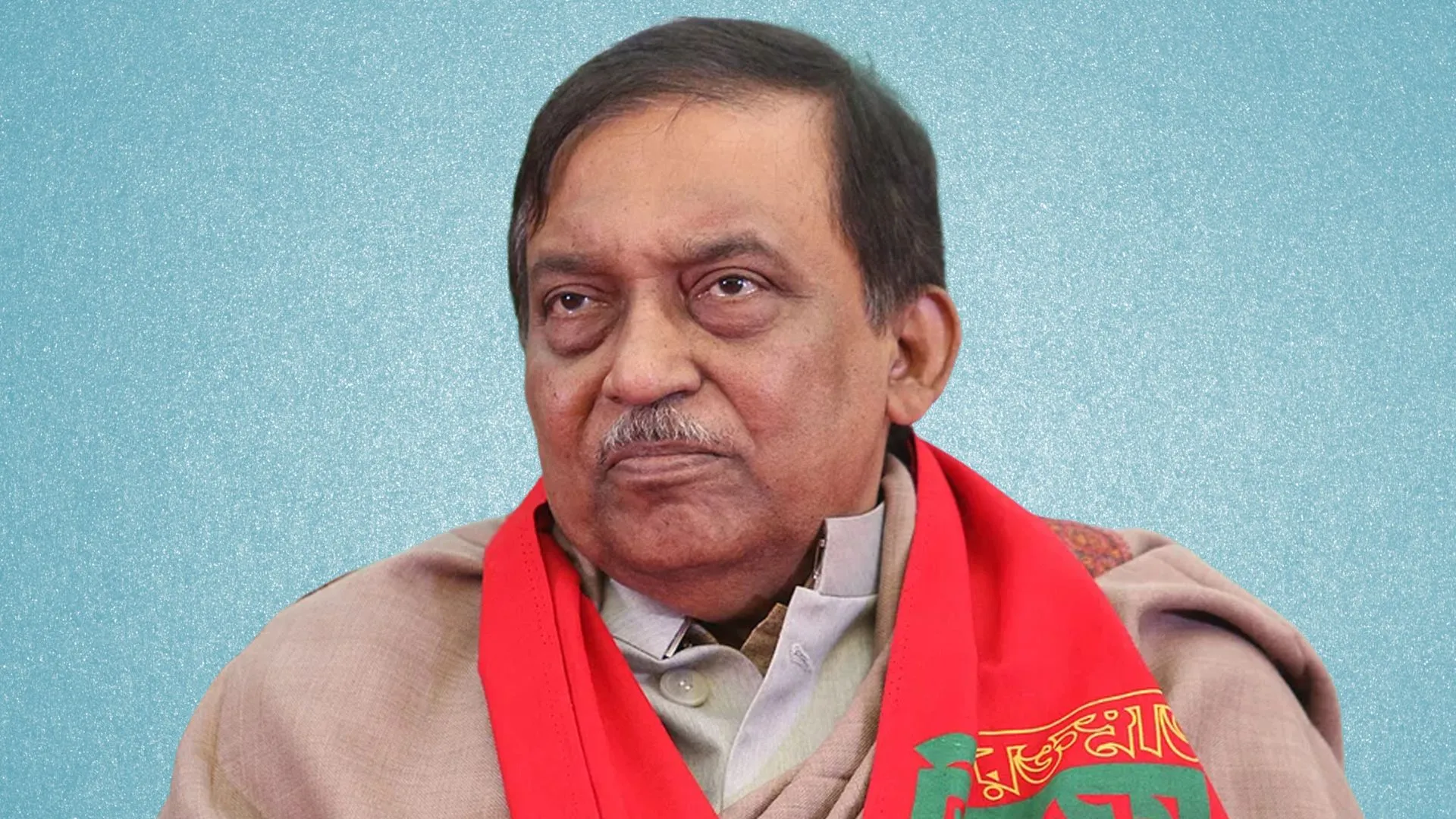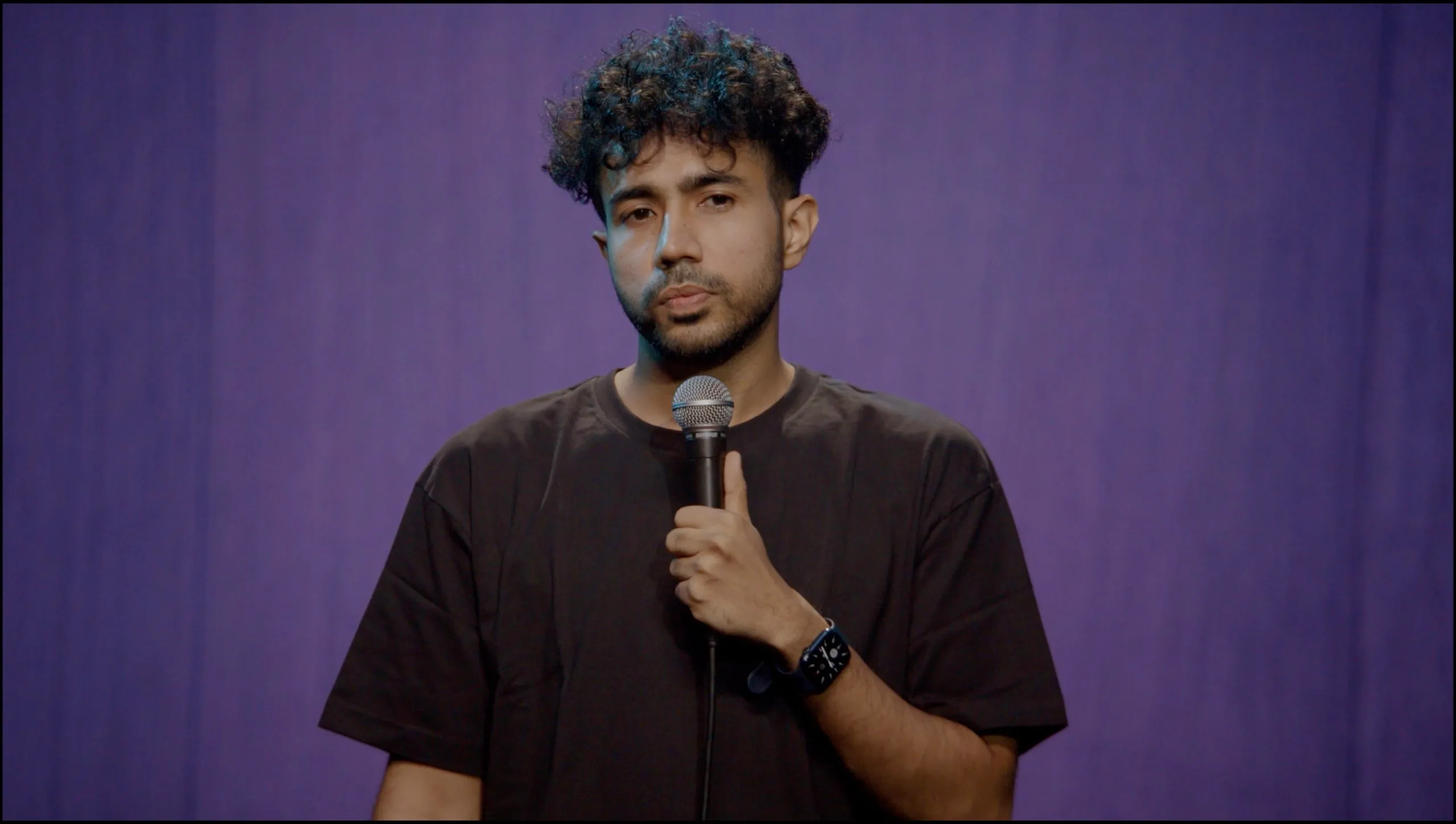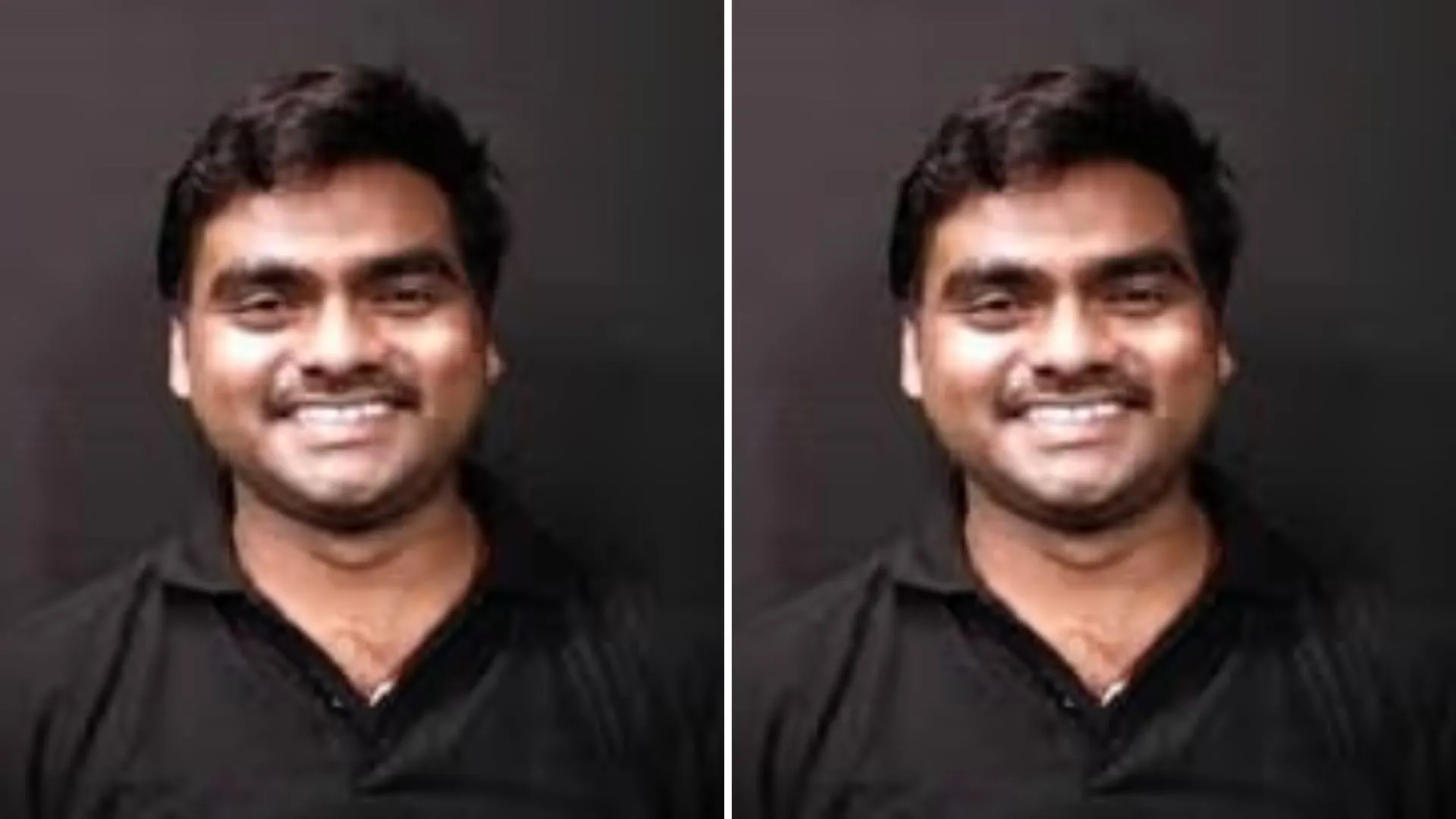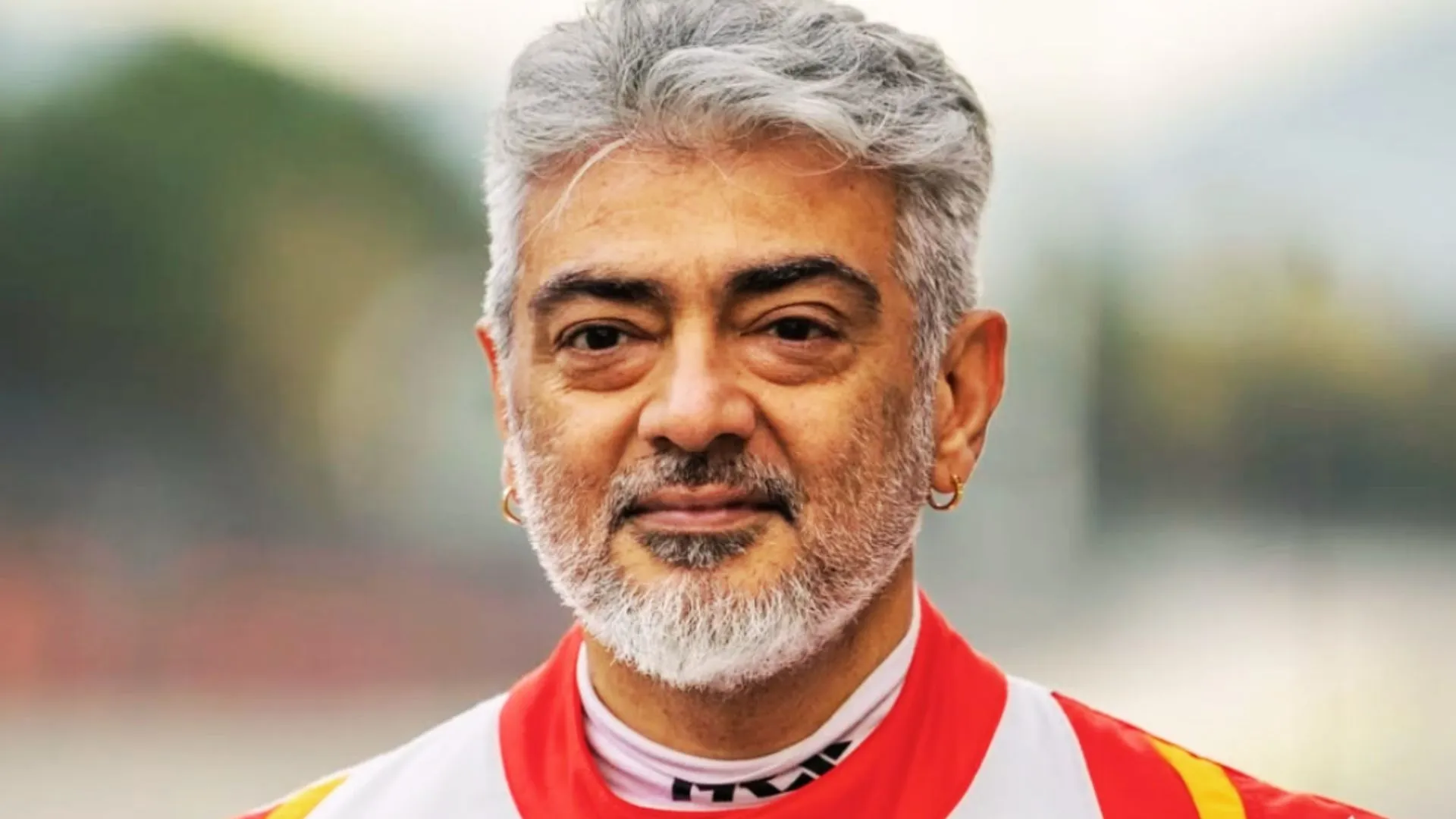On Monday, the Karnataka High Court issued a directive preventing the trial court from taking action against Chief Minister Siddaramaiah, following Governor Thawaar Chand Gehlot’s recent sanction for prosecuting the Congress leader in the alleged MUDA land scam case. This interim relief will remain in effect until August 29, when the High Court is scheduled to revisit the case.
Siddaramaiah’s legal team had challenged Governor Gehlot’s decision to grant prosecution sanction, arguing that it was “illegal and without authority of law.” They contended that proceeding with the prosecution could inflict “irreparable harm” on Siddaramaiah’s reputation and potentially disrupt governance, leading to political instability.
The High Court’s order emphasized that, since the case is currently under review, the trial court should halt its proceedings until the next hearing. The court noted that the documents submitted by Siddaramaiah’s team raised concerns about the Governor’s decision, suggesting a lack of thorough consideration.
During the hearing, senior advocate Abhishek Singhvi, representing Siddaramaiah, urged the court to avoid “precipitate action” and claimed that the prosecution sanction was part of a broader effort to undermine Karnataka’s elected government. Singhvi criticized the Governor for selecting one complaint among many without clear justification and pointed out procedural errors in the sanctioning process, including discrepancies between the show-cause notice and the Governor’s prosecution order.
Singhvi also highlighted that the Governor’s rapid action following the complaint, filed by activist TJ Abraham, indicated possible “legal malice.” He criticized the Governor’s decision as lacking transparency and reasoned justification.
In response to the allegations, Chief Minister Siddaramaiah asserted that he has never misused his power throughout his four-decade political career. He expressed confidence in the judiciary’s ability to address the matter fairly and dismissed the BJP’s protests as typical political maneuvering.
The controversy erupted over the weekend after Governor Gehlot approved the prosecution of Siddaramaiah on corruption charges related to the Mysuru Urban Development Authority (MUDA) case. The Governor justified his decision as necessary for ensuring a “neutral, objective, and non-partisan investigation,” asserting that there was prima facie evidence of misconduct.
The MUDA land scam allegations involve the value of land allocated to Siddaramaiah’s wife, Parvathi, in a premium area of Mysuru, purportedly as compensation for land requisitioned for infrastructure development. Critics claim that the land’s value far exceeds the compensation provided.
A complaint by activist TJ Abraham alleged that the allocation of 14 alternative sites in Mysuru was illegal and resulted in a ₹45 crore loss. Siddaramaiah maintained that the land was a gift from his wife’s brother, although activist Snehmayi Krishna alleged that the land was acquired illegally and registered with forged documents.



